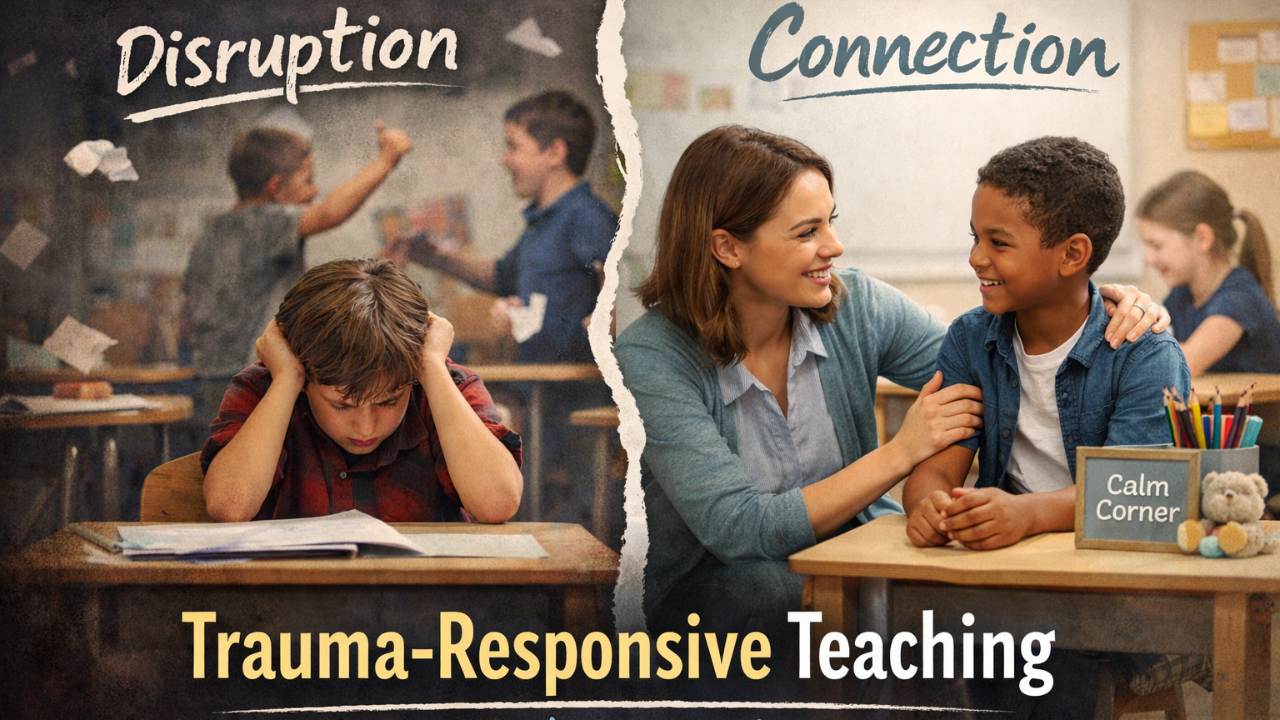6 Self-Care Solutions to Practice All Year Long
Jul 15, 2023
Self-care is a continuous journey that requires commitment and consistency. It is essential for our physical and mental health, as well as our relationships and overall well-being. When we take care of ourselves, we are better able to cope with stress, manage our emotions, and make healthy choices. We are also more likely to have the energy and motivation to pursue our goals.
Self-care isn't taking two days a year for yourself to relax and unwind. You should be practicing self-care every day of life. In this article I have broken down self-care into three parts each with their own self-care practices that you can do daily.
Part 1. Mind your mindset
Your mindset is your attitude, beliefs, and thoughts about yourself and the world around you. It can have a big impact on your physical and mental health, as well as your relationships and overall well-being.
Minding your mindset is all about being aware of your thoughts are feelings. Be aware of your thoughts and how they affect you. Are these thoughts helpful or harmful? Challenge your negative thoughts. When you have a negative thought, ask yourself if it is really true. Is there another way to look at the situation?
As an educator, try to approach everything from a positive view. When something goes awry in your classroom or a student is being extra temperamental, try to understand the circumstances around the situation and control your thoughts to act accordingly.
- Self-Care Practice 1: Reflect Daily. When you take the time to reflect on your thoughts, feelings, and experiences, you can gain a deeper understanding of yourself. This can help you to identify your strengths and weaknesses, your triggers, and your values. Reflection can help you to identify and process your emotions in a healthy way. This can help you to cope with stress, anxiety, and other difficult emotions.
- Self-Care Practice 2: Check in with yourself. Get specific when trying to understand yourself. Create a list of things in your life that make you feel good and another of things that make you feel bad. Add onto this by listing the things in your life you can and can't control. By focusing only on what you can control, you can take action to remove many stressors from your life.
Part 2. Build self-awareness and healthy habits
Self-awareness is the ability to understand your own thoughts, feelings, and behaviors. It is important for self-care because it allows you to identify your needs and make changes to your life that will improve your overall well-being.
Self-aware is more than reflection, it is being present in the moment. Pay attention to your thoughts and feelings as you go throughout your day. What are you thinking and feeling right now? What triggered these emotions? How does the way you act change when you are feeling this way? Understanding yourself in the moment is a key way to being successful and productive throughout the day.
Continue building self-awareness by establishing healthy habits. These can include things like eating a healthy diet, getting enough sleep, exercising regularly, and managing stress. Start with one or two healthy habits that you can realistically stick with. Make it as easy as possible for yourself to do the healthy habits you want to stick with.
- Self-Care Practice 3: Care for physical self. Self-awareness is more than your feelings and thoughts, it is your physical health as well. What is one way you can add more movement in your life? How many ounces of water should you be drinking daily? How many hours of sleep do you average per night? What is your targeted bedtime? What time should you unplug? Think about these questions and become aware of your bodily needs alongside your mental needs. Set up new routines to keep yourself healthy.
- Self-Care Practice 4: Set boundaries. Creating new routines also involves eliminating or changing your old ones. How much time per day are you on social media? Limiting your social media usage will keep your mind focused on the present. Is there a space you need to limit or avoid? Is there someone you should spend less time with today? Where is your sanctuary? Identify the people and places that make your mind worry. If they are a necessary part of your life, find an effective way to handle your stress.
Part 3. Set and achieve personal and professional goals
Having goals can give you a sense of purpose and direction in life. They can also help you stay motivated and focused. To maintain your focus, breakdown your goals into smaller steps. This will make them seem less daunting and more achievable.
Create goals for every aspect of your life, but categorize them as personal or professional. As an educator, what is something about your home or social life that you would like to change or improve upon that won't affect your career? What is something at school or in the classroom that you want to change or improve upon that would make your career easier or better the lives of your students?
- Self-Care Practice 5: Consume and Learn. Education is rapidly evolving and as educators we need to keep up. A good way to keep up with the ways education is changing is by consuming media about different educational topics. What books do you like to read? When is a time you could read? When could you find time to listen to a podcast or audio book? Finding time to research your career is a big step to achieving your goal of being an effective educator.
- Self-Care Practice 6. Choose progress over perfection. Perfectionism is something that we can struggle with, especially if we have goals that we are attached to. To get past this, study your progress over the course of a year. Start very broad and look at the progress you have made towards your goal each quarter of the year. Then get a little more narrow and journal the progress you made monthly. As you get more narrow you'll eventually get to what you are doing each day to achieve your goal. Be proud of yourself because you are trying.
Self-care is an important part of living a healthy and balanced life. By minding your mindset, building self-awareness and healthy habits, and setting and achieving goals, you can improve your overall well-being.






